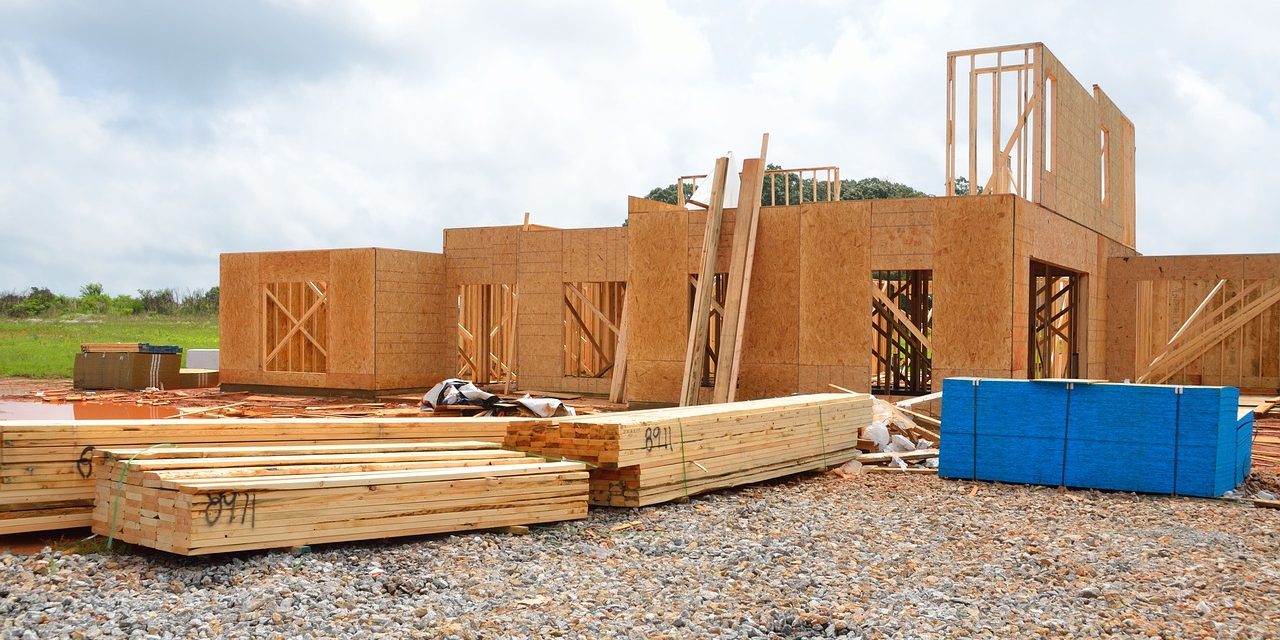Oakville voices concern over legislation addressing affordable housing
Published April 26, 2022 at 12:37 pm

Due to what it says is a lack of appropriate consultation by the province, the Town of Oakville continues to voice its displeasure over the province’s plan to address affordable housing.
While Oakville says it supports changes that improve transparency and accountability in the housing sector, it says the government has undermined the municipality’s ability to provide meaningful input to help shape the legislation due to a shortened commenting period.
The Town believes some of the legislative changes in the Report of the Ontario Housing Affordability Task Force and More Homes for Everyone Act, 2022 (Bill 109), could cause delays in the construction of homes and negatively affect taxpayers.
The Town outlined its recommendations and changes to provincial laws including the Planning Act and the Development Charges Act in staff report at a council meeting on Monday night.
Council endorsed the staff report and directed staff to submit it to the Government of Ontario prior to the April 29, 2022 commenting deadline.
“Oakville supports every effort in easing the supply and access to affordable housing in line with our Official Plan, but we are concerned that the province has pushed through without appropriate and meaningful consultation with municipalities,” said Oakville Mayor Rob Burton. “Not all of the changes are expected to improve housing supply and affordability. In fact, some of the legislative changes could cause delays in the building process and place an unfair burden on taxpayers.
“Our Council has taken a step in the right direction to set up a new advisory panel to guide Oakville with making the right decisions about affordable housing options.”
The Town says it is supportive of some of the changes by the province to improve access to affordable housing.
Including a provincial pilot projects for home ownership by Black, Indigenous, and marginalized people and first-generation homeowners, focus on expanding secondary suites and multi-tenant housing, enhancements to site plan approval process and timelines, and protection measures for homebuyers and renters.
They also support permitting buildings of six to 11 storeys on streets served by higher order public transit such as along Dundas Street and Trafalgar Road north of midtown Oakville, consistent with the town’s urban structure.
The Town said what they don’t support are many recommendations that run counter to its land use planning policies. They also doesn’t agree with changes to the legislation that reinforce ministerial over-reach, cause delays in the development process, lead to increased costs from litigation, and reduce local municipal planning and decision-making authority.
As well, Oakville doesn’t support the new laws that apply a punitive approach to refunding planning application fees. That could put the Town’s projected revenues at risk by at least $2.9 million annually, placing an additional burden on existing taxpayers to cover the shortfall.
In consultation with Halton Region, Oakville says it has already planned for measured growth until 2031 in accordance with the town’s urban structure and in conformity with the Province’s Growth Plan.
It is directing new housing development already identified in the town’s official plan for accommodating intensification.
At a Special Council Meeting on April 5, a Housing Panel was initiated and approved to study and provide housing assistance and affordability policy options.
Burton and Councillors will lead and oversee the formation of the panel, conduct stakeholder engagement and generate the final report for Council review by the second quarter of 2023.
INhalton's Editorial Standards and Policies





